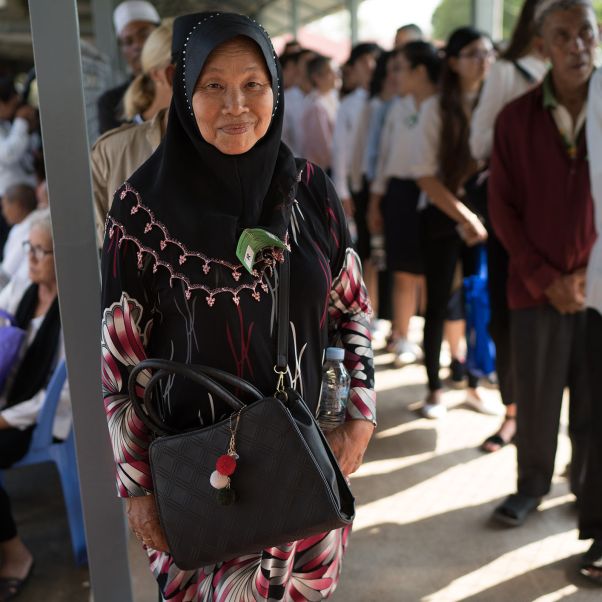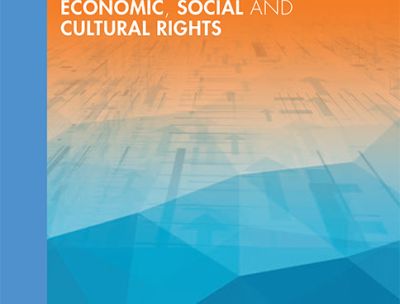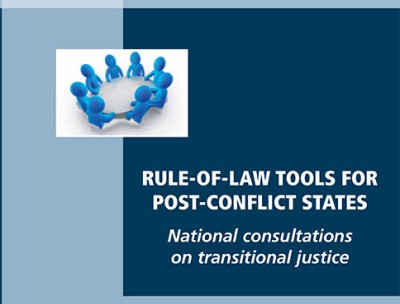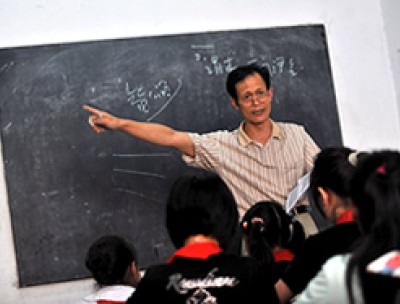OHCHR: Transitional justice and human rights

About transitional justice and human rights
Transitional justice covers the full range of processes and mechanisms associated with a society’s attempt to come to terms with a legacy of large-scale past conflict, repression, violations and abuses, in order to ensure accountability, serve justice and achieve reconciliation (explained further in S/2004/616).
These processes may include both judicial and non-judicial mechanisms, including truth-seeking, prosecution initiatives, reparations, and various measures to prevent the recurrence of new violations, including: constitutional, legal and institutional reform, the strengthening of civil society, memorialization efforts, cultural initiatives, the preservation of archives, and the reform of history education.
Transitional justice aims to provide recognition to victims, enhance the trust of individuals in State institutions, reinforce respect for human rights and promote the rule of law, as a step towards reconciliation and the prevention of new violations.
Transitional justice processes have repeatedly demonstrated they can help address grievances and divisions. To this end, such processes must be context-specific, nationally owned, and focused on the needs of victims. Then, they can connect, empower and transform societies and thereby contribute to lasting peace.
Our work on transitional justice and human rights
UN Human Rights is engaged in advocacy and policy development on transitional justice, and supports specific transitional justice processes across the world. This work includes:
- Developing policy tools, guidance and strategic frameworks and approaches on transitional justice, including for the UN system;
- Assisting with the design, establishment and implementation of transitional justice processes and mechanisms at the country and regional levels;
- Supporting and advising on issues related to transitional justice, including to RCOs and UN country teams at the field level; and
- Engaging with the Human Rights Council, the Special Procedures of the Human Rights Council, and the UN Security Council on issues related to transitional justice and accountability.
We provide support in designing and implementing inclusive, context-specific and victim-centred transitional justice processes. We aim to address the causes, structural drivers and enablers of human rights violations, contributing to prevention, sustaining peace, development and reconciliation. These contexts currently include Afghanistan, the Central African Republic, Colombia, the Democratic Republic of the Congo, El Salvador, the Gambia, Guatemala, Iraq, Lebanon, Liberia, Mali, Mexico, Nepal, South Sudan, Sri Lanka, the Sudan, the Syrian Arab Republic, Tunisia and the Western Balkans including Kosovo.
We also respond to the requests of the Human Rights Council in the area of transitional justice and accountability, for example in Sri Lanka.
In 2019, the Human Rights Council mandated resolution 42/17) to examine how transitional justice measures can contribute to sustaining peace and realizing Sustainable Development Goal 16.






